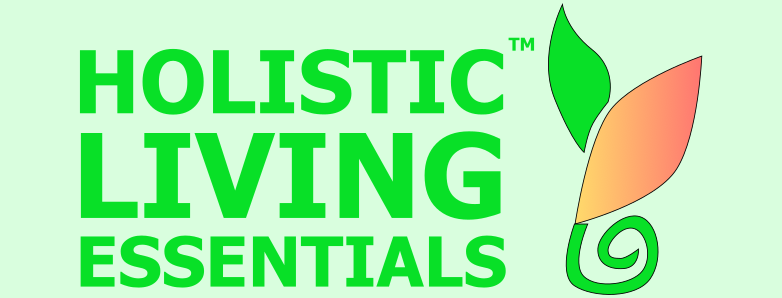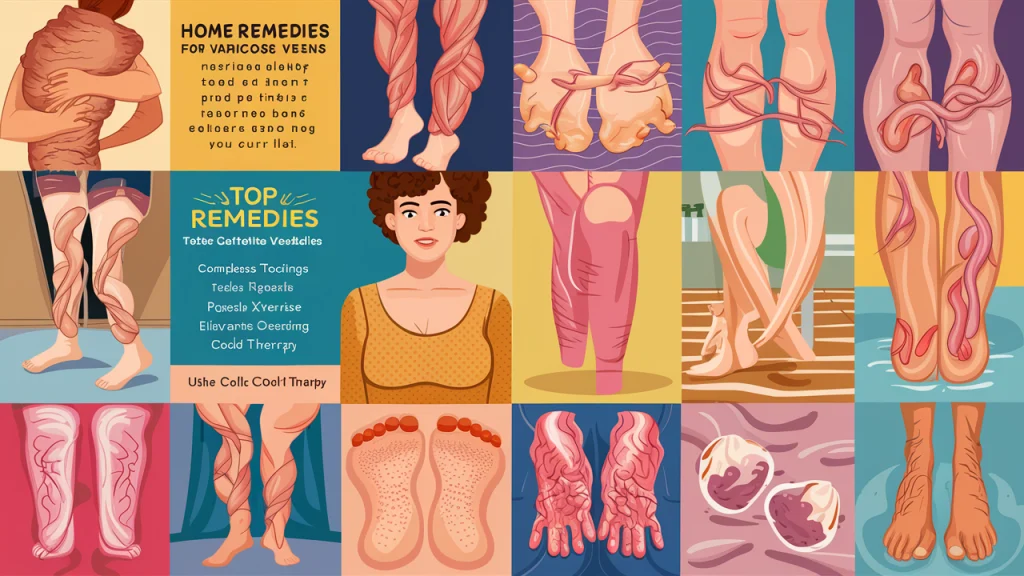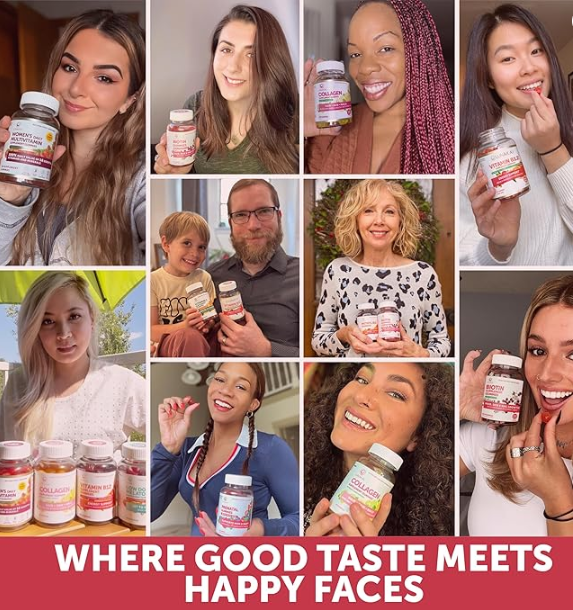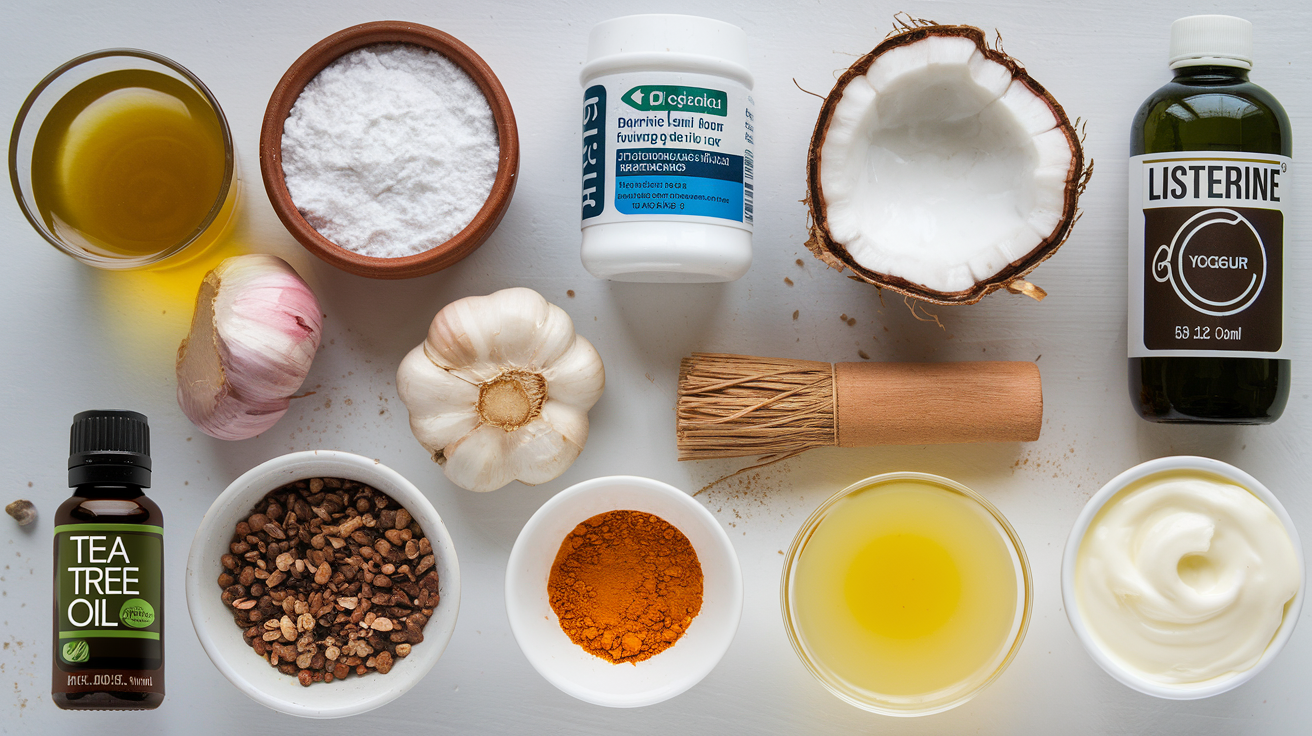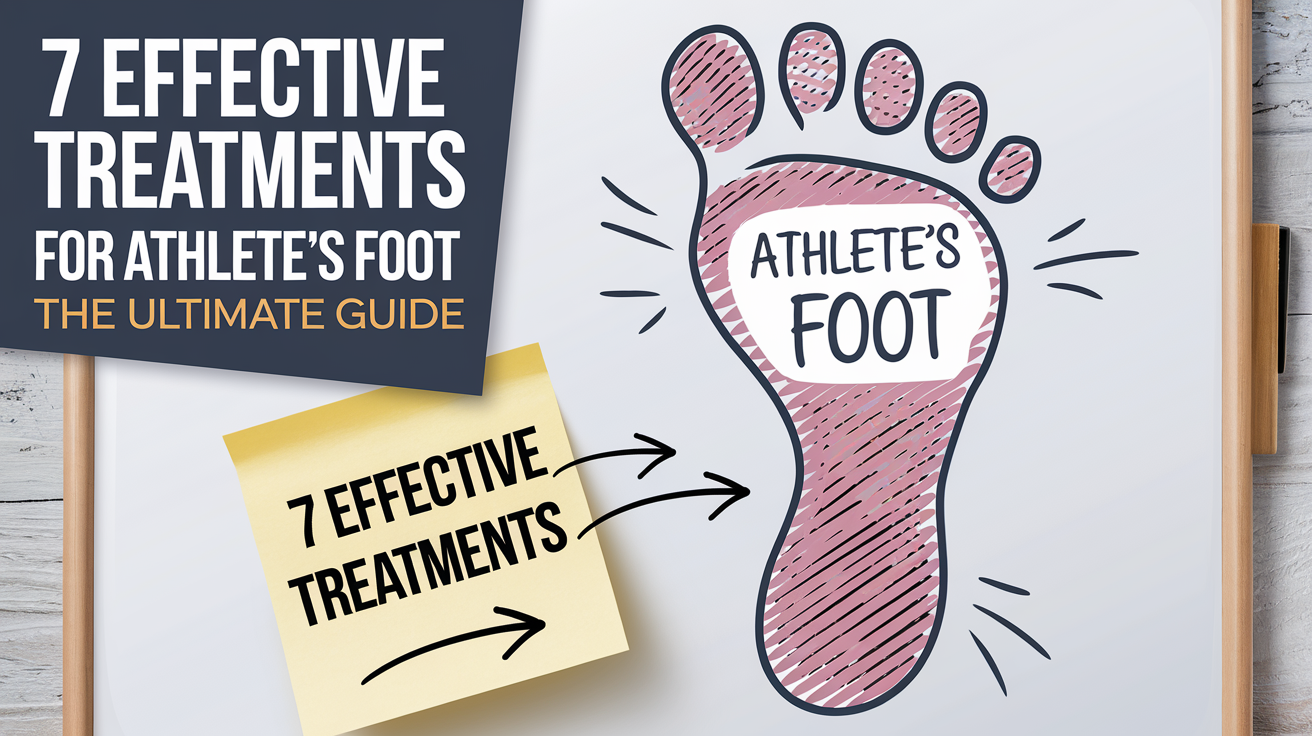Home-Based Solutions for Varicose Veins
Varicose veins are a common condition characterized by enlarged, twisted veins that often appear on the legs. This condition is not only a cosmetic concern but can also cause discomfort and lead to more serious health issues if not managed properly. While medical treatments are available, many people seek home-based solutions to alleviate symptoms and improve the appearance of varicose veins. In this blog post, we will explore various home remedies and lifestyle changes that can help manage varicose veins.
Understanding Varicose Veins
Varicose veins occur when the valves in the veins become weakened or damaged, causing blood to pool and the veins to enlarge. Factors such as genetics, age, pregnancy, obesity, and prolonged standing or sitting can contribute to the development of varicose veins. Symptoms often include aching, swelling, and a heavy feeling in the legs, along with visible blue or purple veins.
Lifestyle Changes to Manage Varicose Veins
1. Regular Exercise: Engaging in regular physical activity can significantly improve circulation and reduce the symptoms of varicose veins. Exercise helps to strengthen the calf muscles, which act as a pump to help push blood back up to the heart. Low-impact activities such as walking, swimming, cycling, and yoga are particularly beneficial. It’s important to avoid high-impact exercises that may put additional strain on the legs.
2. Healthy Diet and Weight Management: Maintaining a healthy weight is crucial for reducing the pressure on your veins. A balanced diet rich in fiber, antioxidants, and flavonoids can improve overall vascular health. Foods such as berries, citrus fruits, leafy greens, nuts, and whole grains can support vein health. Staying hydrated and avoiding excessive salt intake can also help reduce swelling and discomfort.
3. Proper Leg Positioning: Elevating your legs whenever possible can help reduce the pressure on your veins and improve blood flow. Try to elevate your legs above the level of your heart several times a day, especially after prolonged periods of standing or sitting. This simple practice can alleviate swelling and discomfort associated with varicose veins.
4. Compression Stockings: Wearing compression stockings is a well-known and effective home remedy for managing varicose veins. These stockings apply gentle pressure to the legs, helping to improve blood circulation and prevent the pooling of blood in the veins. Compression stockings come in various levels of pressure, and it’s essential to choose the right type based on your condition. Consulting with a healthcare professional can help determine the best fit and type for your needs.
Natural Remedies for Varicose Veins
1. Apple Cider Vinegar: Apple cider vinegar is a popular natural remedy for varicose veins due to its anti-inflammatory properties. Applying apple cider vinegar to the affected area can help improve blood flow and reduce swelling. To use, soak a cloth in apple cider vinegar and wrap it around the varicose veins. Leave it on for 15-20 minutes and rinse off. This can be done twice daily for best results.
2. Horse Chestnut Extract: Horse chestnut extract has been used for centuries to treat vein problems, including varicose veins. The active compound, aescin, helps reduce inflammation and improve vein elasticity. It can be taken as a supplement or applied topically in gel form. However, it’s important to use products specifically formulated for varicose veins and consult with a healthcare provider before starting any new supplement regimen.
3. Witch Hazel: Witch hazel is a natural astringent that can help tighten veins and reduce swelling. It contains tannins and essential oils that can soothe and calm inflamed skin. To use, apply witch hazel extract to a cotton ball and gently dab it onto the affected areas. This can be done several times a day to help reduce the symptoms of varicose veins.
Take control of your vein health today! Explore our range of natural supplements for varicose veins that are formulated to support optimal blood circulation and vein strength.
4. Essential Oils: Certain essential oils, such as cypress, lavender, and rosemary, are believed to improve circulation and reduce inflammation. These oils can be used in combination with a carrier oil for massage therapy. Gently massaging the affected areas can stimulate blood flow and alleviate discomfort. It’s essential to dilute essential oils properly and conduct a patch test before full application to avoid skin irritation.
Additional Home Care Tips
1. Stay Active: Staying active throughout the day is essential for preventing the progression of varicose veins. Avoid long periods of sitting or standing, and take breaks to walk around and stretch your legs. Simple exercises, like calf raises and ankle rotations, can be done at your desk or while watching TV to keep your blood flowing.
2. Avoid Tight Clothing: Wearing tight clothing, especially around the waist, legs, and groin, can restrict blood flow and contribute to the development of varicose veins. Opt for loose, comfortable clothing that allows for proper circulation. This simple change can make a significant difference in managing symptoms.
3. Limit Exposure to Heat: Exposure to heat, such as hot baths, saunas, and direct sunlight, can cause veins to dilate and worsen symptoms. It’s best to avoid these heat sources if you have varicose veins. Instead, opt for cooler environments and consider using cold compresses on the legs to reduce swelling and discomfort.
4. Keep Skin Moisturized: Varicose veins can cause the skin to become dry and itchy. Keeping the skin moisturized can help prevent irritation and promote healing. Choose a gentle, fragrance-free moisturizer and apply it regularly to the affected areas. This can also reduce the risk of skin infections, which can occur when the skin becomes cracked or broken.
When to Seek Medical Advice
While home remedies and lifestyle changes can help manage varicose veins, it’s important to know when to seek professional medical advice. If you experience severe pain, significant swelling, skin changes, or open sores, it’s crucial to consult a healthcare provider. These symptoms may indicate complications such as deep vein thrombosis or venous ulcers, which require medical intervention.
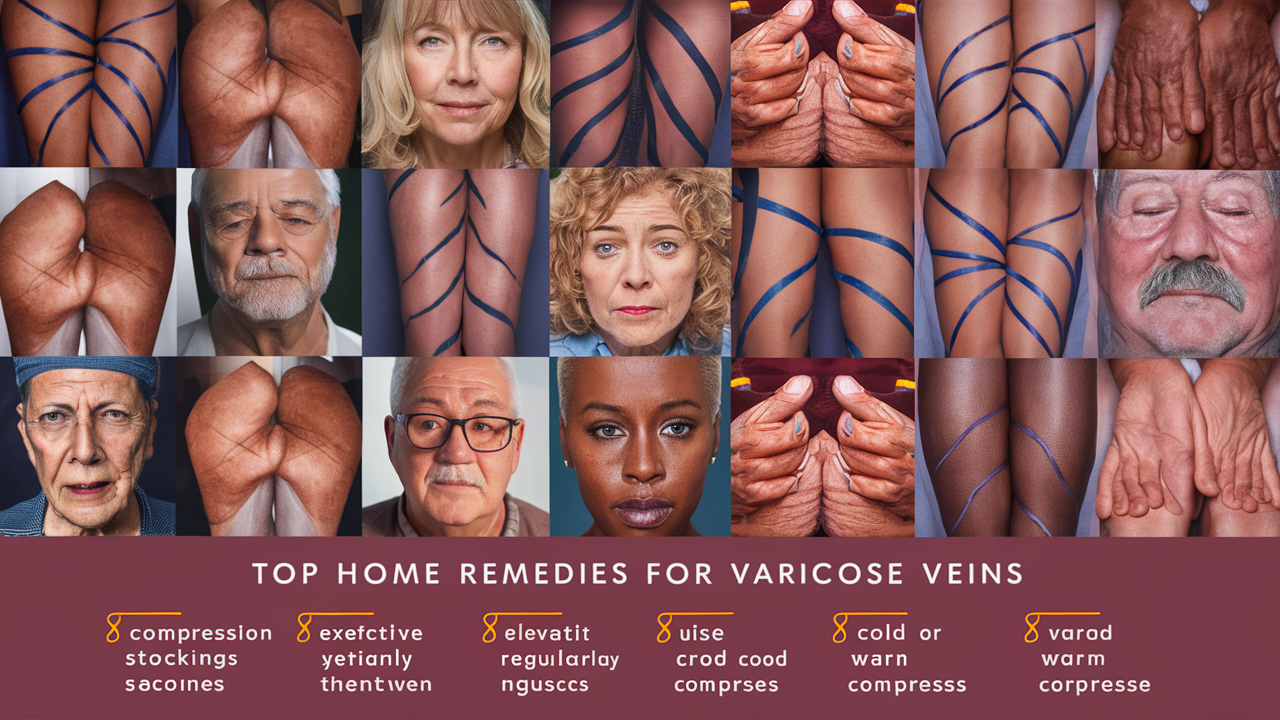
People Also Ask
- What are the best natural remedies for varicose veins?
Answer: Natural remedies for varicose veins include using apple cider vinegar, horse chestnut extract, witch hazel, and essential oils. Apple cider vinegar can be applied topically to reduce swelling, while horse chestnut extract helps improve vein elasticity and reduce inflammation. Witch hazel acts as a natural astringent to tighten veins, and essential oils like cypress and lavender can enhance circulation and alleviate discomfort when used in massage therapy. - How can I prevent varicose veins from getting worse?
Answer: To prevent varicose veins from worsening, maintain a healthy lifestyle that includes regular exercise, a balanced diet, and proper leg elevation. Avoid prolonged sitting or standing, and wear compression stockings to improve blood flow. It’s also important to avoid tight clothing that can restrict circulation, limit exposure to heat, and keep the skin moisturized to prevent irritation. - Is it safe to use essential oils for varicose veins?
Answer: Essential oils can be a safe and effective home remedy for varicose veins when used correctly. Oils like cypress, lavender, and rosemary may help reduce inflammation and improve circulation. However, it’s crucial to dilute essential oils with a carrier oil and conduct a patch test to prevent skin irritation. Always consult with a healthcare provider before starting any new treatment, especially if you have sensitive skin or other health concerns. - Can varicose veins go away naturally?
Answer: Varicose veins typically do not go away on their own and may require lifestyle changes or medical intervention for significant improvement. While natural remedies and home care can help manage symptoms and prevent further progression, they are unlikely to completely eliminate varicose veins. In some cases, minimally invasive procedures or surgery may be necessary for more severe cases. - How do compression stockings help with varicose veins?
Answer: Compression stockings apply gentle pressure to the legs, which helps improve blood circulation and reduce swelling associated with varicose veins. They work by compressing the veins, preventing the pooling of blood and encouraging it to move back towards the heart. Compression stockings are available in various levels of pressure, and it’s essential to choose the right type based on individual needs, often under the guidance of a healthcare professional. - What lifestyle changes can help alleviate varicose veins?
Answer: Lifestyle changes that can alleviate varicose veins include maintaining a healthy weight, exercising regularly, and avoiding prolonged periods of standing or sitting. Activities like walking, swimming, and cycling can improve circulation and strengthen leg muscles, which support vein health. Elevating the legs periodically and avoiding crossing them while sitting can also help reduce pressure on the veins. Additionally, wearing comfortable shoes and loose clothing can prevent further strain on the lower body.
Check for the comprehensive guide HERE
- Are there specific exercises that help reduce varicose veins?Answer: Yes, certain exercises can help reduce the symptoms of varicose veins by improving circulation and muscle tone. Walking is one of the best exercises, as it engages the calf muscles, which act as a pump to return blood to the heart. Leg lifts, calf raises, and cycling are also effective in promoting blood flow and reducing vein pressure. Yoga poses that elevate the legs, such as “Legs Up the Wall” (Viparita Karani), can also be beneficial.
- Can diet impact the severity of varicose veins?Answer: Diet plays a significant role in managing varicose veins. Consuming a diet high in fiber, antioxidants, and vitamins like vitamin C and E can improve vein health. Fiber helps prevent constipation, which reduces pressure on the veins, while antioxidants protect vein walls from damage. Foods rich in bioflavonoids, such as citrus fruits, berries, and leafy greens, support vascular health. Reducing salt intake can help prevent water retention and swelling, further alleviating symptoms.
- How does apple cider vinegar help with varicose veins?Answer: Apple cider vinegar is a popular natural remedy for varicose veins due to its anti-inflammatory properties. When applied topically, it can help reduce swelling and improve circulation. The acetic acid in apple cider vinegar also promotes blood flow and detoxification, which can help minimize the appearance of varicose veins. To use, soak a cloth in apple cider vinegar and apply it to the affected area for several minutes, or mix it with water and consume it as a tonic, though the latter should be done with caution and possibly under the advice of a healthcare provider.
- What are the risks associated with untreated varicose veins?Answer: Untreated varicose veins can lead to several complications, including chronic pain, swelling, and skin changes such as discoloration or ulcers. In severe cases, varicose veins can cause thrombophlebitis, a condition where blood clots form in the veins, leading to inflammation. If left untreated, these clots can dislodge and travel to the lungs, causing a potentially life-threatening pulmonary embolism. Regular monitoring and early intervention are crucial to prevent these complications.
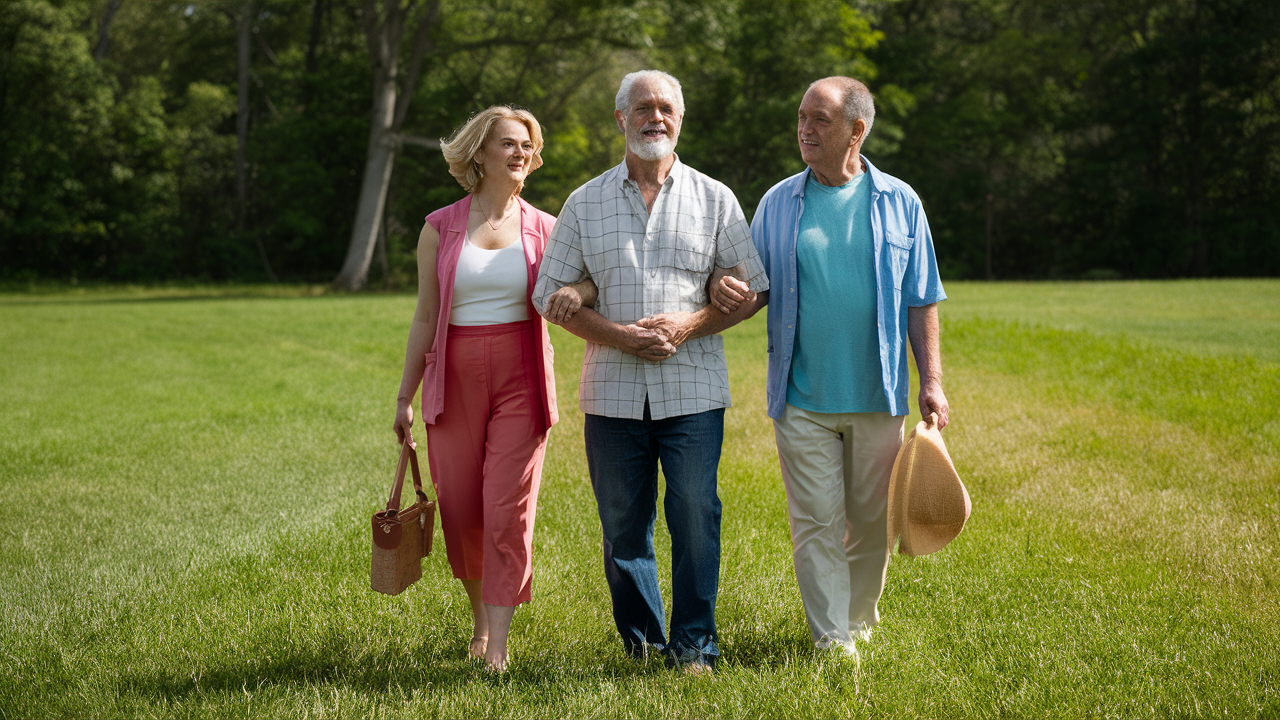
Disclaimer
The information provided on this website is for educational and informational purposes only and is not intended as medical advice. Always consult with a healthcare professional before starting any new health program or making changes to your current health regimen. The content shared on this site should not be used as a substitute for professional medical diagnosis, treatment, or advice. Reliance on any information provided by this website is solely at your own risk.
Conclusion
In summary, managing varicose veins through home-based solutions offers a non-invasive, cost-effective way to alleviate symptoms and improve overall vein health. By incorporating natural remedies such as apple cider vinegar, horse chestnut extract, and essential oils, alongside lifestyle changes like regular exercise, a balanced diet, and proper leg elevation, you can significantly reduce the discomfort associated with varicose veins.
It’s important to remember that while these remedies can provide relief and prevent worsening, they are not a cure-all. Consistent application and combining multiple approaches often yield the best results. Furthermore, wearing compression stockings and maintaining a healthy weight can enhance the effectiveness of these treatments by promoting better blood circulation and reducing strain on the veins.
Always consult with a healthcare professional before starting any new treatment, especially if you have underlying health conditions or are pregnant. Professional guidance ensures that the chosen remedies complement your overall health plan and do not interfere with other treatments.
Embracing a proactive approach to vein health can lead to a significant improvement in quality of life. Whether through natural remedies, lifestyle adjustments, or medical treatments, taking steps to manage varicose veins is crucial. For those with severe symptoms or those who do not respond to home remedies, seeking advice from a vein specialist is recommended. They can offer advanced treatments and interventions that provide more definitive results.
In conclusion, by staying informed and taking consistent action, you can effectively manage varicose veins and enjoy a more comfortable, active lifestyle. Remember, the journey to better vein health is a marathon, not a sprint—patience and persistence are key. Start with small, manageable changes, and gradually build a comprehensive plan that addresses your specific needs and goals. With dedication and the right strategies, you can regain control over your vein health and well-being.
